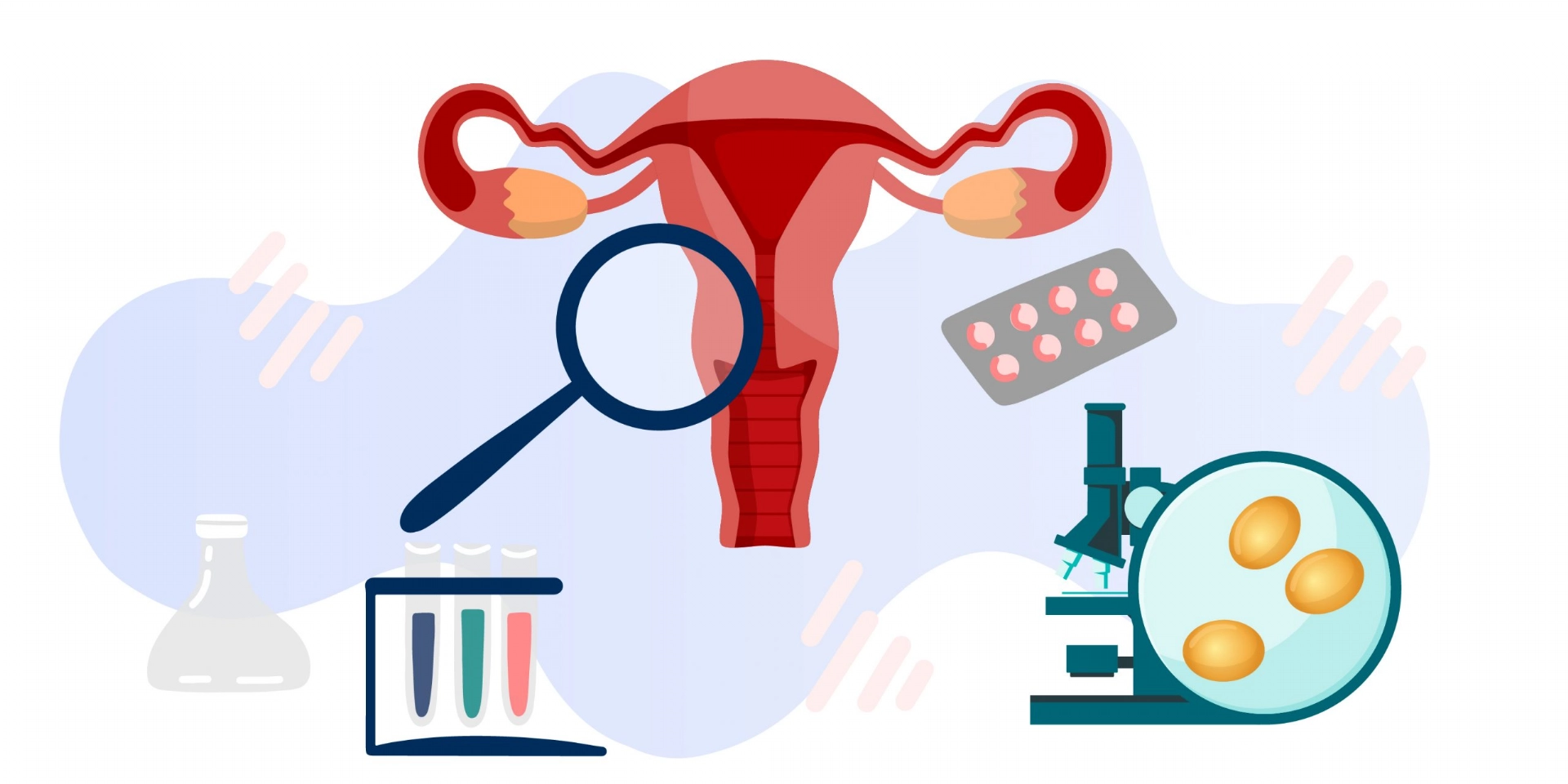
Menopause
It is defined as the fact that a woman does not menstruate for 1 year from her last period and occurs on average around 50 years of age. However, the period that begins before the cessation of women’s menstruation and includes the aftermath is defined as climacterium. In this process, women’s reproductive abilities are reduced and lost due to decline in ovarian function. The climacteric period usually begins between the ages of 45-50 (pre-menopausal period) and continues until about the age of 65 (post-menopausal period). The most important event observed during this transition period is the cessation of menstruation, i.e. menopause (Menopause period).
In the pre-menopausal period; Due to the decrease in estrogen hormone and the deterioration of the ovulation pattern, complaints such as irregularities in menstrual cycles, loss of reproductive ability, hot flashes and night sweats called vasomotor changes, fatigue and some mental changes can be seen.
During the menopause period; Complaints similar to the above continue in this process, which lasts about 1 year from the last menstruation, and reproduction ends definitively.
In the post-menopause period; Complaints observed due to estrogen deficiency differ and complaints such as genital shrinkage, bone loss (osteoporosis), increase in cardiovascular system disorders, skin deterioration, decrease in sexual desire, etc. become obvious.
In addition to these increasing complaints of women in the post-menopausal, it is extremely important that they are under the control of a doctor periodically for close monitoring due to the increase in genital organ cancers and breast cancer incidence, regular gynecological examinations and breast examinations, cervical smear tests, breast ultrasonography and mammography.
